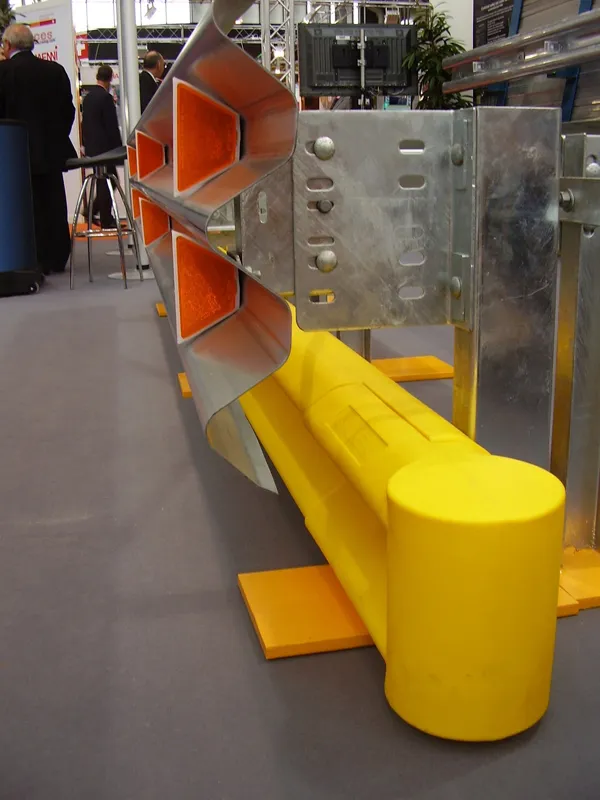China’s Standardisation Administration is now giving its approval for new legislation covering charging of electric vehicles. The legislation is for issued four sections of the Electric Vehicle Charging Interface and Communication Protocol Standards.
March 21, 2012
Read time: 1 min
China’s Standardisation Administration is now giving its approval for new legislation covering charging of electric vehicles. The legislation is for issued four sections of the Electric Vehicle Charging Interface and Communication Protocol Standards. These are intended for electric charging stations and are being introduced in a bid to step up the use of electric vehicles, part of a wider policy to develop alternative-fuel transportation in China. There are three sections giving standards on EV conductive charging systems. These regulate general conditions and AC/DC charging interfaces, while one section is on communication protocol between off-board conductive charger and battery management systems. These standards were drafted by the Ministry of Industry and Information Technology in conjunction with the National Energy Board, National Automotive Standardisation Technical Committee and China Enterprise Confederation and China Electric Power Research Institute.








